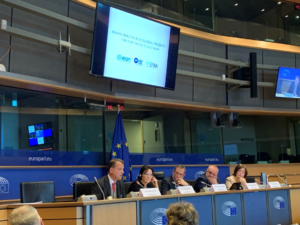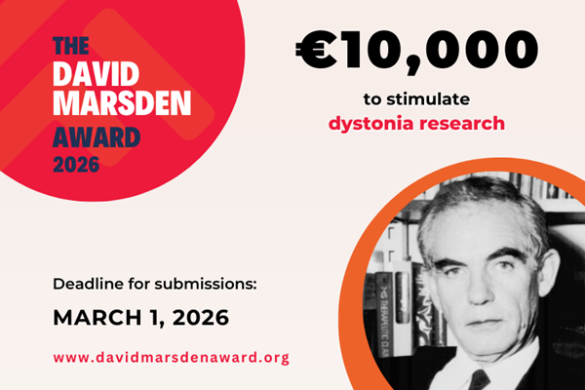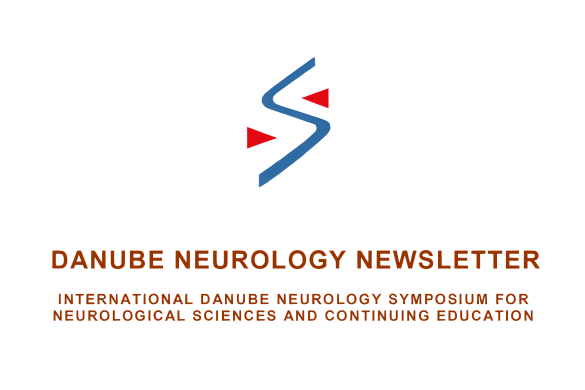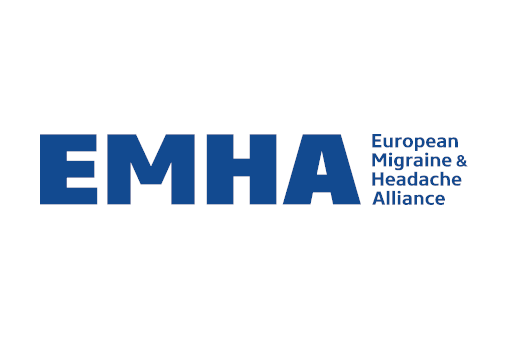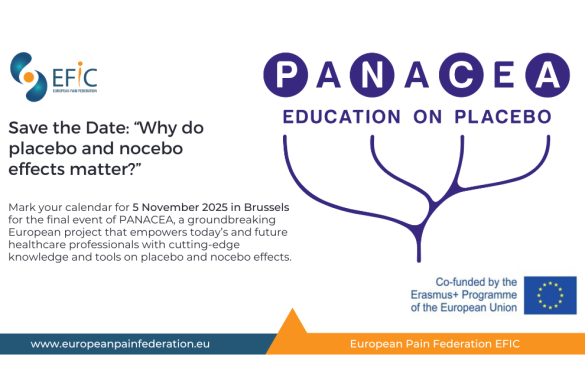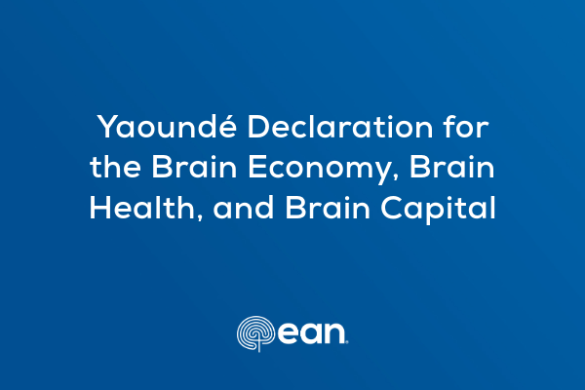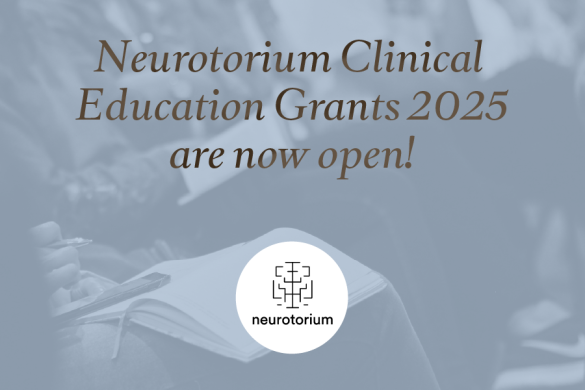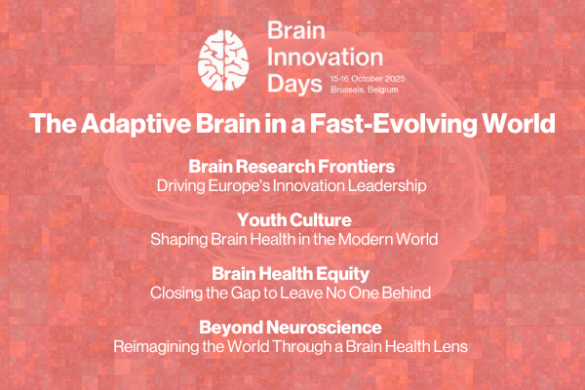European Institutions Divided on EU budget
In a marathon debate of the European Council on 20-21 February, where the heads of state and government European Member States meet, representatives failed to agree on the EU budget for 2021-2027. This budget includes Horizon Europe, the next funding programme for research and innovation. Long term budget negotiations are known to be difficult, but this time around the departure of the UK, a major budget contributor, intensified the discussions. It is likely that more European summits will be needed to come to conclusion on this topic.
Politico Europe published an article showing with interactive charts the details of the proposed EU budget.
In the run-up of the Council meeting, Members of the European Parliament reiterated that they want a bigger budget for EU, but they themselves were divided if the additional money they are asking for should go to research or agriculture.
In the European Parliament Plenary meeting in Strasbourg, EU commission president Ursula von der Leyen warned MEPs of a backlash from the research community if the final budget deal does match the ambitions she set out for her mandate. “Everybody will turn around to the European Parliament and the European Commission and will ask for Horizon Europe, Erasmus, migration, defence, digitalisation”.
In a meeting with stakeholder, Hungarian Renew Europe MEP Cseh Katalin pointed towards the major administrative burden of applying for EU money – both structural funds and Horizon 2020 grants. She said that “Researchers in central and eastern Europe often hire companies to help them write proposals, but EU money is not meant to be spent this way”.
At the EU summit, the major differences between Member States have not been solved. Wealthy countries that are net contributors to the budget and others that are net recipients of EU funds seek different goals.
The Initiative for Science in Europe (ISE) launched a campaign asking researchers, students, research organisations, and the civil society to sign the petition to their representatives in local governments and to the European Council, asking for a more ambitious budget allocation to the next Research Framework Programme, Horizon Europe.
Brain Health as a Global Priority – time for the EU to Act Now. EFNA-EBC-EAN Joint Event
EAN, with the coordination of EFNA and EBC, participated in an event in the European Parliament which aimed to raise awareness about brain and neurological diseases. EAN was represented by acting-President Professor Claudio Bassetti and past-President Professor Guenther Deuschl who both presented the extensive work EAN is engaged in tackling the burden of disease as well as education and training of workforce in the field of neurology.
The event was hosted by Jaroslaw Duda MEP (Poland, EPP), while several other MEPs were present and supported the cause such as Ewa Kopacz MEP (Vice-President of the European Parliament, EPP), Miriam Dalli MEP (Vice-Chair of the S&D political group in the European Parliament), Katerina Konecna MEP (GUE/NGL) and Tilly Metz MEP (Greens). Speakers and participants included the WHO, European Commission, Member States and other relevant stakeholders representing patient and professional organizations.
The WHO acknowledged that mental and neurological diseases contribute greatly to the burden of non-communicable diseases. There has been significant work done on reducing this burden, for example with the case of universal health coverage, flagship health initiative of the WHO. Among others, it was highlighted the WHO’s work on the Neurology Atlas, the Global Dementia Action Plan and reducing the epilepsy treatment gap. The main challenge identified was the transposition of this progress into policy actions on Member States and EU level.
Professor Bassetti of EAN, called for joint forces on all levels and for an EU initiative for brain health awareness.
Speakers also called for more EU coordination on science and research on brain diseases and access to health services. The European “Beating cancer plan” outlined by the European Commission has been given as an example of blueprint for future action on neurological diseases.
Nina Renshaw of NCD Alliance pointed towards the significant gap in brain health investment and a mismatch of funding for different categories of diseases (e.g. NCDs much lower than infectious diseases).
The European Commission, DG Health, reiterated its commitment to the UN’s sustainable development goals and its close work with the European Member States instead of developing new indicators. The Work Programme for the first two years of the upcoming Horizon Europe funding programme will likely be published in the second half of 2020 while the European Social Fund will also be available for healthcare projects. DG Research representative reminded that Horizon 2020 is still running, and that an ambitious plan for brain research can be potentially developed by 2023-24.
Overall, participants and speakers agreed that neurological diseases should be treated as a priority in the EU and national level; there is need for more visibility and general understanding of the complexities of the field as well as patients’ involvement is crucial to identify unmet needs and fight stigma.

